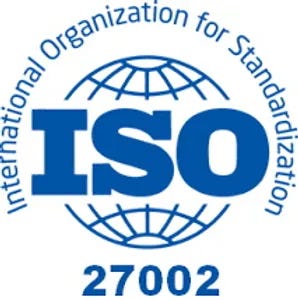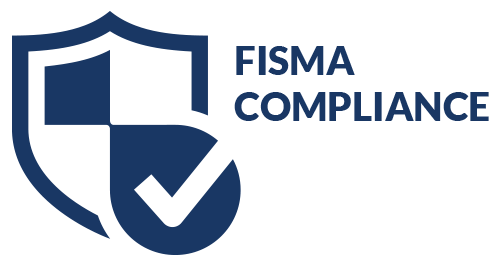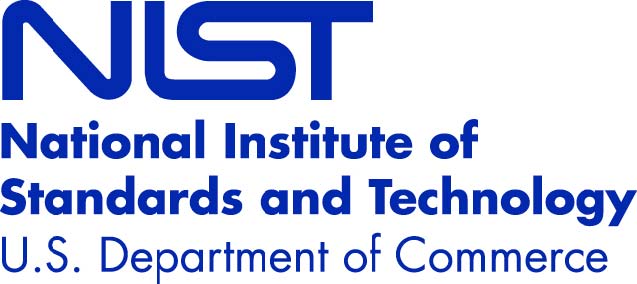In the complex world of managing denied claims, organizations face persistent challenges that thwart their operational efficiency and detract from client satisfaction. The age-old practice of manually processing claims is fraught with inefficiencies: excessive paperwork, unavoidable processing delays, and a high risk of errors. These challenges strain organizational resources and hinder the effective resolution and appeal of denied claims. Yet, the dawn of digital innovation offers a promising solution, heralding a comprehensive overhaul in how to address these challenges.
Understanding the Hurdles of Traditional Denied Claim Management
The traditional approach to managing denied claims is fraught with complications, including:
Accuracy in Documentation: A heavy reliance on precise data entry and the seamless exchange of electronic records are pivotal for the correct billing and appeal of denied claims.
Inescapable Delays: Manual processes are inherently slow and inefficient, leading to extended processing times that can frustrate clients and disrupt an organization’s financial planning.
Error Susceptibility: The risk of human error in manual processes can result in data entry, calculation, and interpretation mistakes, causing incorrect outcomes for claim appeals and necessitating additional work.
These obstacles not only undermine the operational efficiency of organizations but also gradually erode client trust and satisfaction.
Embracing the Future with Digital Innovation
The payors are playing chess with innovate technologies and AI. The introduction of cutting-edge technology to hospitals is critical to overturn denied claims. Solutions that include these technology enhancements enable providers to get in the game of chess and better manage the entrenched problems of traditional denied claim management:
Automation and Enhanced Efficiency: Mastering the game of chess far exceeds the mere purchase of a chess set; it embodies a monumental investment of time, strategic planning, and considerable resources to outwit an opponent. Similarly, addressing denied claims and recouping lost revenue is a complex endeavor that cannot be achieved without a significant allocation of time, resources, and financial investment. Time is particularly critical in defending against denied claims and recovering lost revenue.
To navigate this intricate landscape efficiently, engaging with a business partner who integrates digital platforms and AI into their solutions becomes indispensable. Such technological integrations automate a myriad of manual tasks related to claim management—including data entry and document handling—thereby not only reducing paperwork but also expediting processing times. Importantly, this approach can markedly increase the overturn rate and enhance cash flow. The complexity and urgency of the situation underscore that this is not a journey to embark upon lightly or without considerable support.
Increased Accuracy and Precision: Utilizing cutting-edge algorithms and machine learning, technology offers unparalleled precision in managing denied claims, surpassing the capabilities of manual processes. This technological advantage is crucial in minimizing delays and ensuring the timeliness of appeal submissions. The strategic implementation of such advanced solutions not only streamlines the appeal process but also enhances the strategic approach to overturning denials. By levering the expertise of the right outsource partner, providers can quickly harness the power of their resources and technology, and navigate the complexities of appeals with greater speed and accuracy.
Optimization of Resources: The integration of technological advancements significantly streamlines operations and minimizes the potential for errors in denial management, leading to a substantial reduction in operational costs that outsourcing partners can pass along to their client. This becomes particularly critical when operating under budgetary constraints, emphasizing the invaluable role of technology in enhancing efficiency and financial stewardship. By leveraging these critical partnerships, providers can navigate financial limitations more effectively, ensuring the sustainability and success of their denial management processes.Top of Form
Advanced Analysis for Better Decision Making: By harnessing technology, a more profound and meticulous examination of each denial becomes possible. Data analytics allows for an exhaustive scrutiny of every facet of a denied claim, including details once deemed too resource-intensive for manual review. This thorough analysis guarantees that every aspect of payer denials undergoes rigorous investigation, significantly boosting the likelihood of successful overturns. The emphasis is on the transformative power of technology to elevate the precision and depth of claims analysis beyond traditional limits, thereby enhancing the effectiveness of the appeals process.Top of Form
Elevating Client Satisfaction: The aggregate effect of these advancements is a claim management process that is not only more efficient and accurate but also quicker in responding to client needs. The transparency, speed, and precision of digital management foster positive relationships between clients and organizations, enhancing satisfaction.
The cumulative impact of these technological advancements revolutionizes the denial management process, making it not just more efficient and accurate but also significantly faster in meeting client demands. The unparalleled transparency, speed, and accuracy offered by digital management are pivotal in strengthening the bonds between patients and providers, markedly enhancing client satisfaction. This emphasizes the critical role that digital solutions play in not only streamlining operations but also in reducing patient stress related to payor reimbursement issues, fostering more positive, trust-based relationships with patients.
The Road Ahead
Integrating cutting-edge technology into the realm of denied claim management signifies a transformative leap beyond age-old methodologies, redefining standards of efficiency, precision, and client happiness. This pivot towards digital innovation does more than merely streamline claim processing in the short term; it confers a strategic upper hand. Providers are empowered to optimize resource utilization, anticipate challenges with greater foresight, and foster a more robust, process to out maneuvering the payors claim denial strategy. The commitment to digital advancement in managing denied claims is, at its core, a forward-thinking approach offering providers a significant strategic edge. It positions technology as the cornerstone of operational excellence, ensuring unparalleled attention to detail, predicting the payors position and strategically constructing an irrefutable appeal argument. This shift not only anticipates but also actively shapes a future where digital dominance is essential to combating payor denial strategies.
